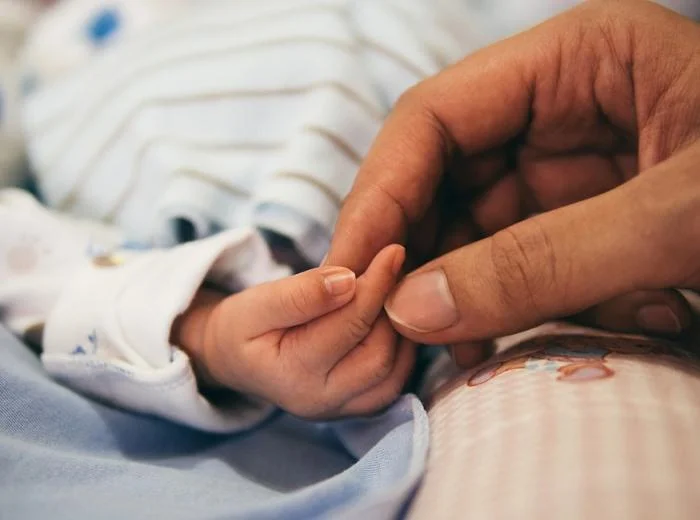Dramatic turn-around in cognitive abilities of children born to older mothers

In contrast to 40 years ago, children born to older mothers today are more likely to perform better in cognitive ability tests than those born to younger mothers, reveals new research from the London School of Economics and Political Science (LSE) and the Max Planck Institute for Demographic Research (MPIDR).
This shift is due to the changing characteristics of women who have children at an older age, according to a paper published in the International Journal of Epidemiology.
Older mothers today tend to be more advantaged than younger mothers – for example, they are well educated, are less likely to smoke during pregnancy and are established in professional occupations. This was not necessarily true in the past.
Moreover, today an increasing number of women are having their first child at an older age and, on average, first-born children perform better on cognitive ability tests. This is possibly because they receive more resources and attention from parents than siblings born after them. In contrast, in the past, older mothers were likely to be giving birth to their third or fourth child.
Researchers analysed data from three UK longitudinal studies – the 1958 National Child Development Study, the 1970 British Cohort Study and the 2001 Millennium Cohort Study. Children’s cognitive ability was tested when they were 10/11 years old.
In the 1958 and 1970 cohorts children born to mothers aged 25-29 scored higher than children born to mothers aged 35-39. In the 2001 cohort this result was reversed. Although the results were similar for the children born to mothers over 40, the sample was smaller which means the findings should be treated with caution.
When the researchers took the mothers’ social and economic characteristics into account, the differences across cohorts disappeared. This indicates that the changing characteristics of women who have children at an older age were highly likely to be the reason for the cohort differences.
Dr Alice Goisis, a researcher at LSE and the lead author of the paper, said: "Our research is the first to look at how the cognitive abilities of children born to older mothers have changed over time and what might be responsible for this shift.
"It’s essential to better understand how these children are doing given that, since the 1980s, there has been a significant increase in the average age of women having their first child in industrialised countries.
"Cognitive ability is important in and of itself but also because it is a strong predictor of how children fare in later life – in terms of their educational attainment, their occupation and their health."